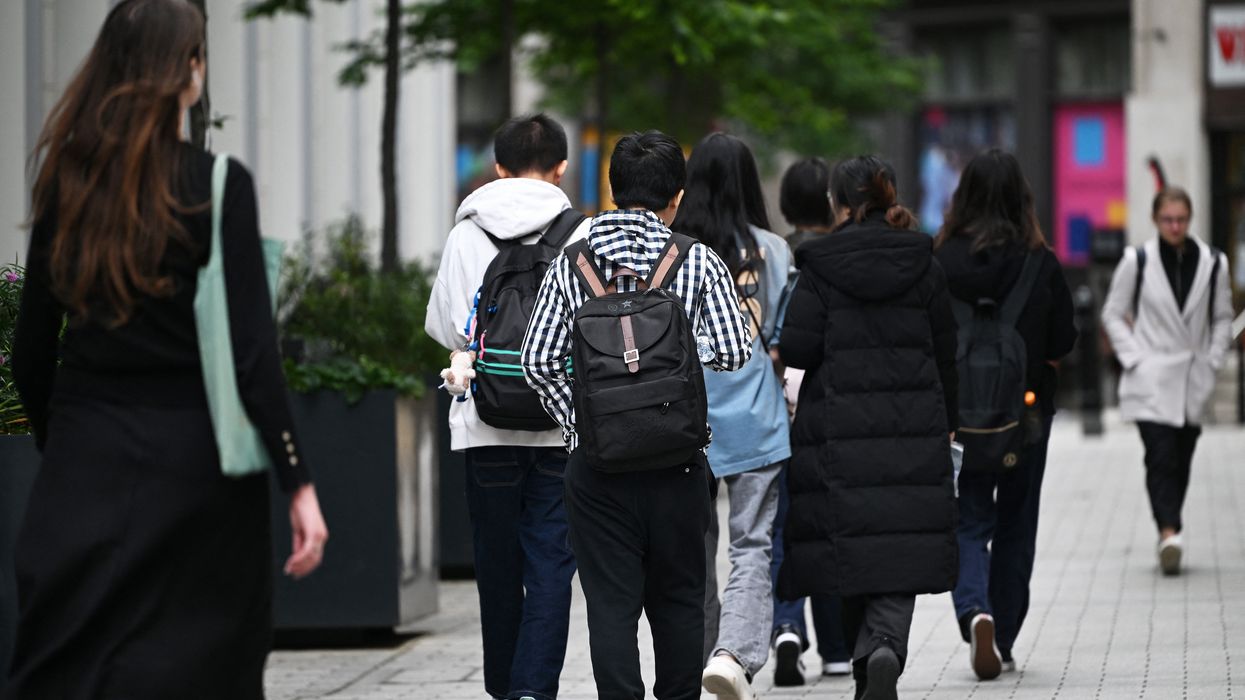A RECENT study has revealed growing support for authoritarianism among Generation Z in the UK, with more than half favouring a strong leader over parliamentary democracy.
Conducted by the polling company Craft, the findings are part of Channel 4's report, Gen Z: Trends, Truth, and Trust, based on responses from 3,000 adults across all age groups.
The report highlights that 52 per cent of those aged 13 to 27 believe the UK would be a better place if a strong leader governed without the need for elections or parliament. Additionally, 33 per cent of Gen Z respondents said the country would benefit from military rule.
The survey also revealed that 47 per cent of Gen Z think society needs radical change through revolution, compared to 33 per cent of those aged 45 to 65.
A significant gender divide was noted, with 45 per cent of male respondents from Gen Z feeling that efforts to promote women’s equality have led to discrimination against men.
A similar proportion agreed that gender equality measures had gone far enough.
On media trust, 58 per cent of Gen Z respondents viewed social media posts from friends as equally or more trustworthy than traditional journalism.
Influencers such as Andrew Tate and Jordan Peterson were found to command similar levels of trust among 42 per cent of male respondents.
Participants expressed a range of perspectives. A 25-year-old from Cornwall said he felt targeted as a “regular straight white man,” suggesting the pendulum of cultural advantage had swung too far.
An 18-year-old from Hertfordshire noted the growing appeal of alternative narratives, saying, “The people we watch propagate the idea that the West is a falling civilisation.”
Channel 4’s chief executive, Alex Mahon, described Gen Z as both the most liberal and authoritarian generation. She highlighted their media savviness and exposure to polarising social media, which has contributed to societal tensions and disengagement from democracy.
Channel 4 also reported a 50 per cent increase in consumption of its content online, with 1.8 billion views across its platforms, reflecting a growing demand for impartial news.





